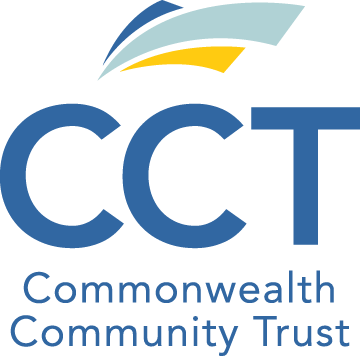Military Survivor Benefit Plan First-Party PSNT
A Military Survivor Benefit Plan First-Party PSNT is a trust established with annuity payments from the Survivor Benefit Plan for the benefit of a dependent child who has a disability.
Joining Documentation
What is a Military Survivor Benefit
Plan First-Party PSNT?
In this insightful video, discover the remarkable benefits of our Military Survivor Benefit Plan First-Party PSNT. Join our New Client Services Manager, Kaylan Hood, as she delves into the details and advantages of this valuable resource.
When an individual with a disability receives funds,
it is important to give thoughtful consideration to the following:
How Funds in the Sub-Account Can Be Used
The funds can be used to pay for expenses that will enhance the quality of life for the Beneficiary. For more information, see our Disbursement Manual.
Additional Resources
Objectives of the Trust
The Objectives of the Trust form provides information about the beneficiary's needs for disbursements from the sub-account.
First-Party Remainder Policy
The Remainder Policy explains what happens to funds remaining in the sub-account upon the death of the beneficiary.
CCT Trust IPS
The Investment Policy Statement (IPS) is carefully crafted and reviewed regularly by the CCT Board of Director’s Finance and Investment Committee.
Important Definitions
Final Steps to Take
Submit certified Special Needs Trust paperwork to the following Defense Finance and Accounting Service address:
Defense Finance and Accounting Service
U.S. Military Retired Pay
8899 E. 56th Street
Indianapolis, IN 46249-1200
Special Relief:
In the event that DFAS is not able to make the change in Survivor Benefit Plan election (for example, if the retiree did not originally elect “Spouse and Child” or “Child Only” coverage), a military member or family of deceased can apply to the Service Board for Correction of Military Records for relief by submitting a DD Form 149 to the Service Board. Along with DD Form 149, you will need the same information necessary to change the beneficiary of an existing election.
For those with a child already receiving a Survivor Benefit Plan annuity, these steps should allow the child to regain eligibility for SSI/Medicaid. For those who chose not to designate their child as a Survivor Benefit Plan beneficiary previously, there may be a nominal fee for the reinstatement once obtained.
*The Tax Identification Number for CCT is found on page 1 of the First-Party Pooled Special Needs Trust Joinder Agreement.
Have questions?
If you have any questions about the process, please don’t hesitate to call our office at 804-740-6930 or email us at contact@trustCCT.org. Our staff is available to answer your questions Monday through Friday from 9:00 am to 5:00 pm ET.
Mailing Address:
Commonwealth Community Trust
P.O. Box 29408
Richmond, VA 23242-0408



